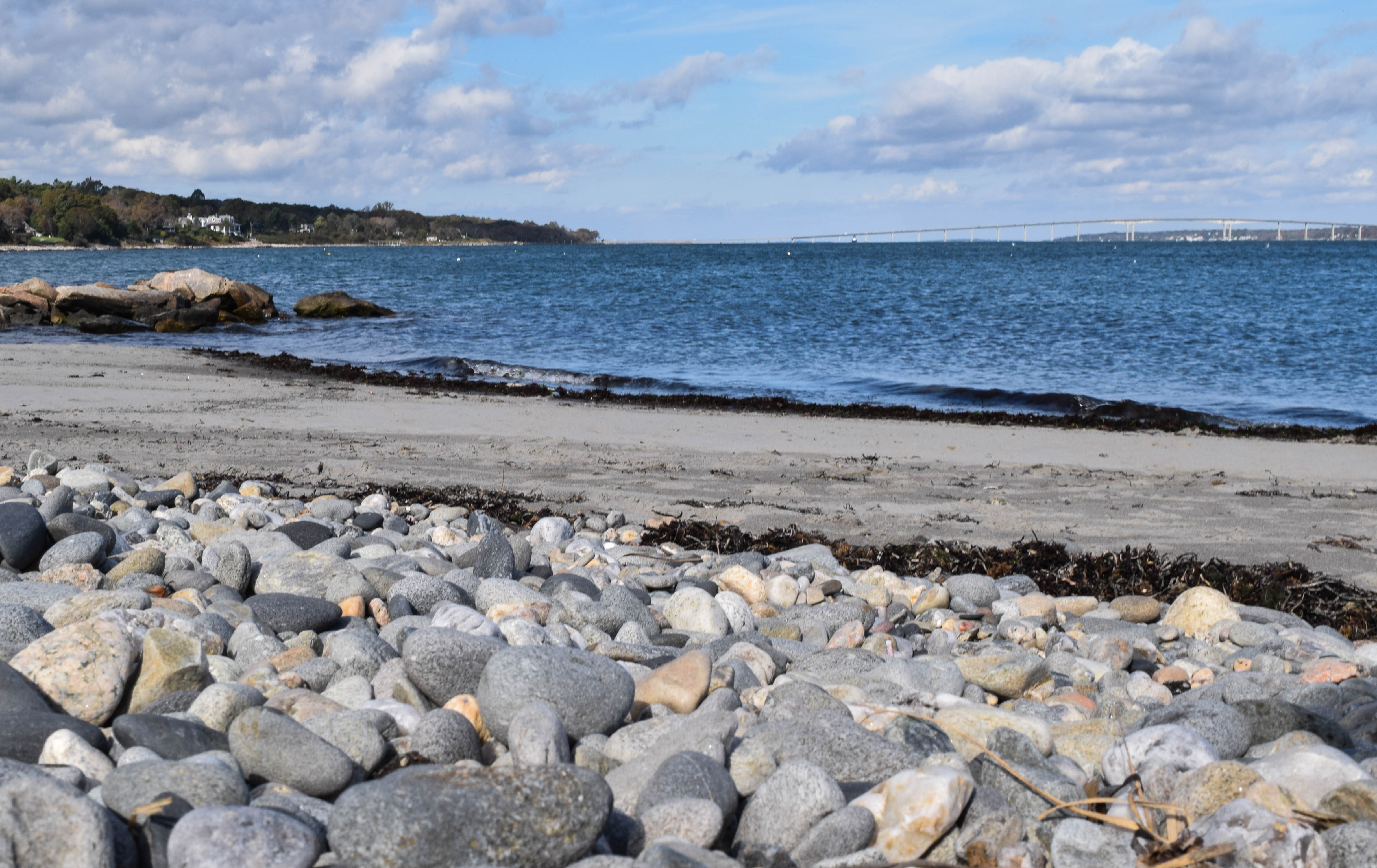The United States Environmental Protection Agency prohibited three of its scientists, all Ph.D. graduate students from the University of Rhode Island, from speaking at the presentation of the State of Narragansett Bay and Its Watershed Summary Report, of which their research contributed to.
Held on Monday, Oct. 23 at Save the Bay, this conference was to release the findings of the report in a morning press event followed by an afternoon workshop to go through the report. The findings of this report included results showing that the Narragansett Bay is getting cleaner while also addressing concerns that climate change is affecting air and water temperatures, precipitation, sea level and fish in the Narragansett Bay region.
The Narragansett Bay Estuary Program (NBEP), who oversaw this report and organized the conference, were only notified of this prohibition the Friday before and were forced to scramble to find a new keynote speaker and speakers for the workshop.
Heather Radcliffe, interim program director of the NBEP, said that they do not know why these three scientists were prohibited from speaking at the presentation.
“EPA supports the Narragansett Bay Estuary, and just this month provided the program a $600,000 grant,” an EPA spokesperson said in response to this event. “EPA scientists are attending, they simply are not presenting; it is not an EPA conference.”
The three scientists were all women and Ph.D. graduates from URI. Autumn Oczkowski was to give the keynote address at the beginning of the presentation and Rose Martin and Emily Shumchenia were scheduled to speak on a panel titled, “The Present and Future Biological Implications of Climate Change.” All three of these scientists contributed to the findings in this report.
John King, a professor of oceanography at URI and chair of the science advisory committee at NBEP, describes this prohibition as “scientific censorship.” He believes that because there was going to be a discussion where climate change was going to be an aspect, that the EPA decided to prohibit its scientists from speaking at it. “EPA does not want these discussions to be heard,” King said.
The Trump Administration’s environmental policy has been largely against accepting climate change as fact.
King believes that this censorship did not come directly from the local, regional EPA and in fact came directly from Washington D.C.
“No one knows how high it [came from] but it’s common knowledge that Scott Pruitt [Administrator of EPA] does not believe in Climate Change,” King said.
Cindy Sabato, director of communications of Save the Bay, the location of this conference, believes that not allowing these three scientists to speak is a real travesty.
“We believe that scientific facts will not change,” Sabato said. “But the government could very well reverse decades of progress… by pretending the science of climate change does not exist.”
King agrees with this and believes that climate change is going to wipe out most of the progress that’s been made, especially in the Narragansett Bay, if nothing is done.
“It’s scientific malpractice to not view the events in the bay through climate change,” King said.
As part of 28 estuaries in the country, NBEP is eligible to receive clean water funds under section 320 of the Clean Water Act.
“This funding comes directly from EPA to the New England Interstate Water Pollution Commission on behalf of the Estuary Program,” Radcliffe said. “Continued funding for each NEP under section 320 of the CWA is contingent upon Congress appropriating sufficient funds to the EPA for the purpose of supporting the [national estuary programs] and their CCMP implementation.”
In response to this cancellation, members of Congress from Rhode Island and Massachusetts, including Senator Sheldon Whitehouse from Rhode Island, are demanding an explanation from Pruitt.
“If EPA scientists are not allowed to participate in a workshop discussing the results of scientific research because that workshop included a discussion of climate change, that begs the question whether EPA will censor NEP grantees from discussing climate change in their management plans, annual work plans, or other public documents,” members of Congress wrote in a letter to Pruitt. “It also calls into question EPA’s commitment to provide ongoing scientific support to the 28 NEPs across the country.”
Radcliffe says that the estuary program will continue to do what they have planned “by reaching out to different folks to get the data to them that is needed and provide the technical support that is needed… we will continue to distribute our report, talk to different partners about it and do what we can.”
Sabato believes that now more than ever is when the local communities need to speak up.
“All of us individually do as much as possible locally because we can’t depend on the federal government to protect our local environment and local resources,” Sabato said.
King also made a comment to a similar effect.
“It’s kind of up to everyone to do what they can to protect the environment,” King said.
Looking towards the future, King is eager to see what the EPA is going to do next. “Based on the fact that they tried this and it didn’t work very well I’m sure they’re going to try something trickier next time.”





